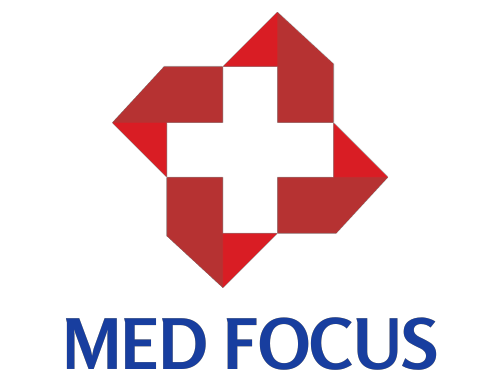Clinical rotations are an essential component of the curriculum in medical school because they give students the opportunity to obtain real-world experience and apply their academic knowledge. Students receive practical training in a variety of medical disciplines during these rotations, which often take place in hospitals, clinics, and other healthcare institutions.

In medical education, clinical rotations have the following important components:
1. Rotation Structure:
Clinical rotations are often organized into distinct blocks or clerkships, each of which focuses on a different area of medicine. Internal medicine, surgery, pediatrics, obstetrics and gynecology, psychiatry, family medicine, and more are among the specialties that are frequently rotated. Each rotation can last anything from a few weeks and several months.
2. Supervision And Mentoring:
Students work closely with healthcare teams during clinical rotations, which often include of attending doctors, residents, nurses, and other healthcare professionals. These professionals directly supervise and mentor students, giving them advice, imparting clinical knowledge, and monitoring their development.
3. Patient Care Responsibilities:
Students eventually take on more responsibilities for patient care as they advance through their clinical rotations. They may initially just observe and help, but as their abilities and knowledge advance, they are given the chance to speak with patients, conduct physical exams, create treatment plans, and take part in treatments under close supervision.

4. Career Exploration:
Clinical rotations expose students to numerous medical specialties, allowing them to explore and acquire insight into different career pathways. Students might use this experience to help them decide on their future specialization and career objectives.
5. Exams For Licensing:
In some nations, clinical rotations are an essential part of a student's preparation for licensing exams. The capacity of the students to deliver safe and efficient patient care is evaluated through these assessments.

Students gain experience navigating the healthcare system, working with healthcare teams, and delivering patient-centered care through these rotations. Clinical rotation experience lays the groundwork for future medical practice and prepares students for further specialization and residency training.
Please visit themedfocus.com for additional advice and recommendations about attending medical school. If you're seeking a trustworthy internet source, please check out the whole medical school package at the URL below.
https://themedfocus.com/products/the-complete-med-school-bundle

